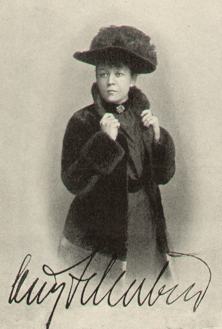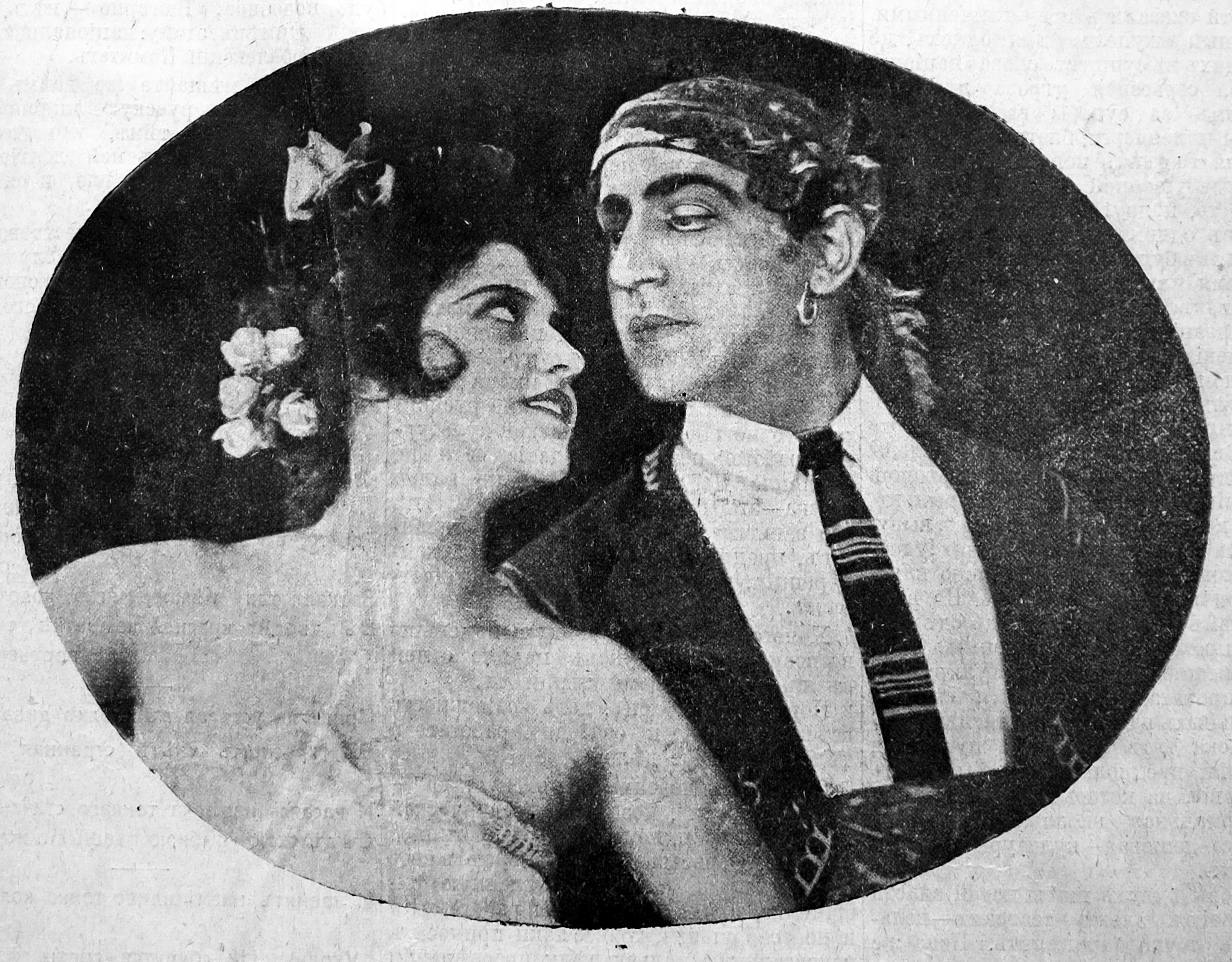|
Ossip
Ossip (russian: Осип) may refer to: * Ossip Bernstein (1882–1962), Russian chess grandmaster and a financial lawyer *Ossip Brik, also known as Osip Brik, (1888–1945), Russian avant garde writer and literary critic *Ossip Dimov, also known as Osip Dymov, the central fictional character in ''Grasshopper'' (1892) by Anton Chekhov * Ossip Gabrilowitsch (1878–1936), Russian-born American pianist, conductor and composer *Ossip Gurko, also known as Iosif Gurko, (1828–1901), Russian field marshal prominent during the Russo-Turkish War (1877–1878) *Ossip Mandelstam, also known as Osip Mandelstam, (1891–1938), Russian poet and essayist *Ossip Runitsch (1889–1947), Russian silent film actor, producer and stage director *Ossip Schubin Aloisia Kirschner (17 June 1854 – 10 February 1934) was an Austrian novelist, born in Prague and favorably known under her pseudonym Ossip Schubin, which she borrowed from the novel ''Helena'' by Ivan Turgenev. Brought up on her parents ... [...More Info...] [...Related Items...] OR: [Wikipedia] [Google] [Baidu] |
Ossip Schubin
Aloisia Kirschner (17 June 1854 – 10 February 1934) was an Austrian novelist, born in Prague and favorably known under her pseudonym Ossip Schubin, which she borrowed from the novel ''Helena'' by Ivan Turgenev. Brought up on her parents' estate at Lochkov, she afterward spent several winters in Brussels, Paris, and Rome, receiving there, undoubtedly, many inspirations for her clever descriptions of artistic Bohemianism and international fashionable society, which were her favorite themes. An uncommonly keen observer, her great gift for striking characterization, frequently seasoned with sarcasm, is especially apparent in her delineations of the military and artistic circles in Austria-Hungary. She died in 1934 at , Bohemia. Works Her works are of unequal quality, the earlier being the best. The more important of her novels and stories include: * ''Ehre'' (1882; seventh edition, 1893) * ''Die Geschichte eines Genies: Die Galbrizzi'' (1884) * ''Unter uns'' (1884; four ... [...More Info...] [...Related Items...] OR: [Wikipedia] [Google] [Baidu] |
Ossip Bernstein
Ossip Samoilovich Bernstein (20 September 1882 – 30 November 1962) was a Russian-French chess player and businessman. He was one of the inaugural recipients of the title Grandmaster (chess), International Grandmaster from FIDE in 1950. Biography Born in Zhytomyr, Russian Empire, to a wealthy Jewish family. Bernstein grew up in the Russian Empire. He earned a doctorate in law at Heidelberg University in 1906, and became a Financial law, financial lawyer. Bernstein was a successful businessman who earned considerable wealth before losing it in the October Revolution, Bolshevik Revolution. He earned a second fortune that was lost in the Great Depression, and a third that was lost when France was invaded by Nazi Germany in 1940. His Jewish origins meant that he could not remain in Nazi-occupied France, and he was forced to flee to Spain and settled in Barcelona. According to Arnold Denker, who was told by Edward Lasker, a 36-year-old Bernstein in 1918 was arrested in Odessa by th ... [...More Info...] [...Related Items...] OR: [Wikipedia] [Google] [Baidu] |
Ossip Brik
Osip Maksimovich Brik (russian: link=no, Óсип Макси́мович Брик) (16 January 1888 – 22 February 1945), was a Russian avant garde writer and literary critic, who was one of the most important members of the Russian formalist school, though he also identified himself as one of the Futurists. Brik was born and grew up in Moscow, the son of a wealthy Jewish jeweler. In the university, Brik studied law; his friend Roman Jakobson wrote: "For his doctoral thesis he wanted to write about the sociology and juridical status of prostitutes and would frequent the boulevards. All the prostitutes there knew him, and he always defended them, for free, in all their affairs, in their confrontations with the police and so on." But he soon found himself far more interested in poetry and poetics and devoted all his time to it, becoming one of the founders of OPOJAZ and writing one of the first important formalist studies of sounds in poetryZvukovye povtory("Sound repetitions, ... [...More Info...] [...Related Items...] OR: [Wikipedia] [Google] [Baidu] |
Ossip Dimov
Osip Dymov (Russian: Осип Дымов) is the central fictional character in the classic Russian story " The Grasshopper" (''Poprygunya''; 1892) by Anton Chekhov.Loehlin, James N. (2010). The Cambridge introduction to Chekhov'. Cambridge, UK: Cambridge University Press. . p. 80-83 (on "The Grasshopper "); here: p. 80. For generations this character has served to inspire medical professionals as to the standards of dedication expected from them. About the character Dymov is an unassuming doctor married to Olga Ivanovna, a beautiful and wealthy socialite, and amateur artist, who allows her moral values, as well as sense of beauty, to become distorted by her restless search for great men."Anton Pavlovich Chekhov." ''Encyclopedia of World Biography''. Detroit: Gale, 1998; updated 2004. Retrieved via ''Biography in Context'' database, 2017-04-26. They soon grow apart, due to her preference for the "fast life", on the one hand, and his total dedication to his profession, ... [...More Info...] [...Related Items...] OR: [Wikipedia] [Google] [Baidu] |
Ossip Gabrilowitsch
Ossip Salomonovich Gabrilowitsch (Осип Сoломонович Габрилович, ''Osip Solomonovich Gabrilovich''; he used the German transliteration ''Gabrilowitsch'' in the West) (14 September 1936) was a Russian-born American pianist, conductor and composer. Biography Ossip Gabrilowitsch was born into a Jewish family in Saint Petersburg. His parents were Salomon Gabrilowitsch and Rose Segall. He studied the piano and composition at the Saint Petersburg Conservatory, with Anton Rubinstein, Anatoly Lyadov, Alexander Glazunov and Nikolai Medtner among others. After graduating in 1894, he spent two years studying piano with Theodor Leschetizky in Vienna. In July 1905 he recorded ten pieces for the Welte-Mignon reproducing piano, one of the first pianists to do so. Between 1915 and 1927, he subsequently recorded at least fifteen more reproducing rolls for Duo-Art and at least five reproducing rolls for Ampico. On 6 October 1909, he married Mark Twain's daughter Cla ... [...More Info...] [...Related Items...] OR: [Wikipedia] [Google] [Baidu] |
Ossip Gurko
Count Iosif Vladimirovich Romeyko-Gurko (russian: Граф Ио́сиф Влади́мирович Роме́йко-Гурко́, Iósif Vladímirovič Roméjko-Gurkó; — ), also known as Joseph or Ossip Gourko, was a prominent Russian field marshal during the Russo-Turkish War (1877–1878). Biography Of Belarusian extraction, Gurko was educated in the Imperial Corps of Pages, entered the hussars of the Imperial Guard as a sub-lieutenant in 1846, became captain in 1857, adjutant to Alexander II of Russia in 1860, colonel in 1861, commander of the 4th Hussar Regiment of Mariupol in 1866, and major-general of the emperor's suite in 1867. He subsequently commanded the grenadier regiment, and in 1873 the 1st Brigade, 2nd Division, of the cavalry of the Imperial Guard. Although he took part in the Crimean War, being stationed at Belbek, his claim to distinction is due to his service in the Turkish war of 1877. He led the spearhead of the Russian invasion, took Tarnovo ... [...More Info...] [...Related Items...] OR: [Wikipedia] [Google] [Baidu] |
Ossip Mandelstam
Osip Emilyevich Mandelstam ( rus, Осип Эмильевич Мандельштам, p=ˈosʲɪp ɨˈmʲilʲjɪvʲɪtɕ mənʲdʲɪlʲˈʂtam; – 27 December 1938) was a Russian and Soviet poet. He was one of the foremost members of the Acmeist school. Osip Mandelstam was arrested during the repression of the 1930s and sent into internal exile with his wife, Nadezhda Mandelstam. Given a reprieve of sorts, they moved to Voronezh in southwestern Russia. In 1938 Mandelstam was arrested again and sentenced to five years in a corrective-labour camp in the Soviet Far East. He died that year at a transit camp near Vladivostok. Life and work Mandelstam was born on 14 January 1891 in Warsaw, Congress Poland, Russian Empire to a wealthy Polish-Jewish family. His father, a leather merchant by trade, was able to receive a dispensation freeing the family from the Pale of Settlement. Soon after Osip's birth, they moved to Saint Petersburg. In 1900, Mandelstam entered the prestigious Ten ... [...More Info...] [...Related Items...] OR: [Wikipedia] [Google] [Baidu] |
Ossip Runitsch
Ossip Iliych Runitsch ( rus, Осип Ильич Рунич, p=ˈosʲɪp ɨˈlʲjitɕ rʊˈnʲitɕ; born Osip Fradkin, 18896 April 1947) was a Russian Empire silent film actor, producer and stage director. He was one of the biggest stars of Russian silent cinema and one of the first iconic figures of Russian cinematograph. In 1915-1919 he starred in some successful silent films of that time as '' Molchi, grust... molchi'' and ''Posledneiye tango'' with other film stars such as Vera Kholodnaya, Vitold Polonsky and Pyotr Chardynin. Runitsch was a long time admirer of his co-star Kholodnaya and after her death in 1919 during Russian Civil War, he fled Russia and left for Italy where he took part in a number of films. Later, he moved to Germany where he starred together with Emil Jannings and other famous German actors. In 1925 he married Nina Pavlishcheva, a courtier ballet dancer. By the late 1930s, he was living in Riga, Latvia, where he played in the troupe of Russian Drama The ... [...More Info...] [...Related Items...] OR: [Wikipedia] [Google] [Baidu] |

.jpg)


.jpg)
